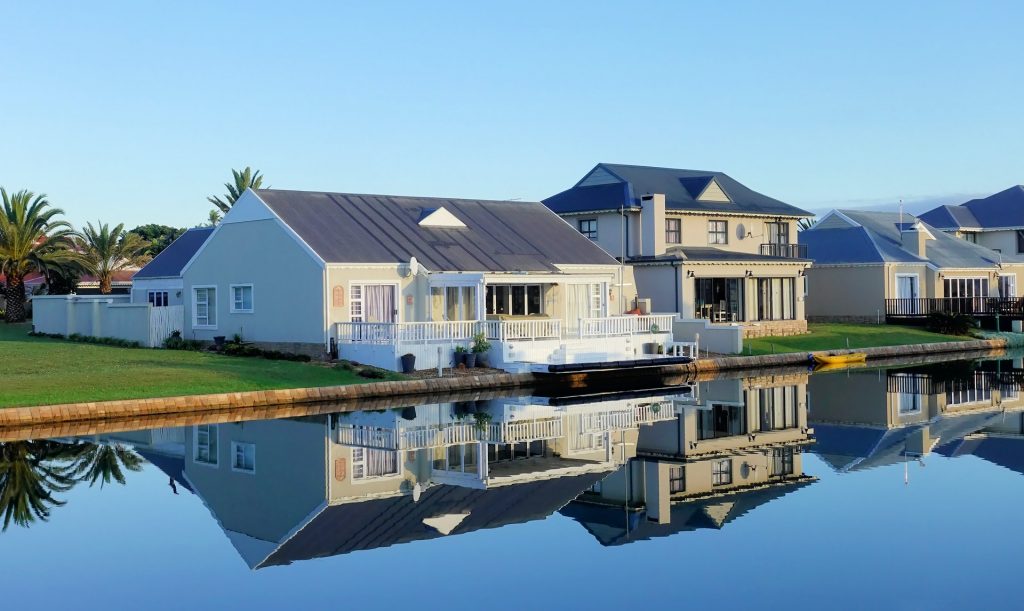
Believe it or not there is a group of architects that have developed some very stylish residences out of the humble shipping container. Not only residences, there have also been hundreds of metal shipping containers used for museums, restaurants and weekend houses. You would not even realize that these beautiful and creative structures were once hauling supplies across the country.
The shipping containers are stacked, painted and customized to form the outer structure of the houses. Glass ceilings, walls and windows add light and give the structures a very bright and airy look.
The Shelburne Museum, located in Vermont, features a Collectors House designed by interior designer Albert Hadley and architect Adam Kalkin. It was created by using 3 overseas shipping crates that make a very striking house. The building features glass garage doors, a large patio area, living space, bedrooms and a full sized kitchen.
Adam Kalkin has designed houses out of shipping containers before, but his last one is actually a luxury dwelling for the rich. He unveiled his creation at the Art Basel Miami Beach art show in December 2005 and the attendants were surprised to see lavish furnishings and a beautifully designed interior inside a shipping container. The project has the interesting title of “Push-Button House” because it can be loaded in the back of a truck to be moved and it opens up like a Murphy bed to expose the interior.
Jennifer Seigal is another architect that uses shipping containers to create beautiful living spaces. One example is the Seatrain house she built for real estate developer Richard Carlson, equipped with all utilities and featuring an indoor fountain. She indicates that these houses are much less costly to build than the traditional ones, and that they are very modern looking and can be customized to the individual needs of the buyer.
While the use of shipping containers for shelter is not new, the thought of making architectural statements and unique creations is. Architects strive to create a feeling of openness, light and beauty using the prefab shipping containers as the foundation.
Although his Push-Button house is only an experimental project, Mr. Kalkin has built houses that he intends to make available to the public, like his Quik House. He currently has orders for ten. These modern prefab houses are made from five shipping containers and are then loaded on a truck and delivered to the buyer. It takes less than a week to reassemble them on location. The Quik House sells for between 150 to 175 thousand dollars, depending on the distance to deliver the house and the options that the client chooses. There are many different options, including mahogany sliding doors and a full stainless steel kitchen.
In addition to this deluxe version of a prefab home Mr. Kalkin is also planning on selling a single shipping container living space called an A-Pod. This will be equivalent to a studio apartment, and will sell for under $100,000.00.
Humanitarian issues
Most architects have noted that the prefab shipping container habitat is ideal for setting up in emergency situations and for humanitarian needs. These very structurally sound and durable homes can be moved easily on the back of trucks and can be loaded and unloaded numerous times with no damage or need for repairs. They can be moved virtually anywhere there is a road and it is easy to hook up plumbing and electrical connections to the outside of the shipping container.
They are very dry, leak resistant and easy to care for. They can be insulated to keep out the cold and, despite being metal, are reported to be easy to cool even in hot climates. The shipping container homes are virtually fire resistant and can be easily cleaned or painted if necessary.
While a shipping container home may not have been an option you had previously considered, it might be something to ponder in the future. The sky is the limit to using your imagination in designing your very own low cost prefab home.